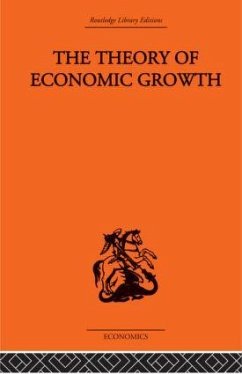
The Globalization of Merchant Banking before 1850
The case of Huth & Co.
Versandkostenfrei!
Versandfertig in 6-10 Tagen
39,99 €
inkl. MwSt.
Weitere Ausgaben:

PAYBACK Punkte
20 °P sammeln!
London merchant bankers emerged during the 1820s in the wake of financial turmoil caused by the wars of American Independence, the Napoleonic campaigns and the Anglo-American war of 1812. Though the majority of merchant bankers remained cautious in their affairs, Huth & Co established an impressive global network of trade and lending, dealing with over 6,000 correspondents in more than seventy countries. Based on archival research, this comparative study provides a new chronology of early nineteenth-century commercial and financial expansion.Huth & Co. were truly market-makers and key intermed...
London merchant bankers emerged during the 1820s in the wake of financial turmoil caused by the wars of American Independence, the Napoleonic campaigns and the Anglo-American war of 1812. Though the majority of merchant bankers remained cautious in their affairs, Huth & Co established an impressive global network of trade and lending, dealing with over 6,000 correspondents in more than seventy countries. Based on archival research, this comparative study provides a new chronology of early nineteenth-century commercial and financial expansion.
Huth & Co. were truly market-makers and key intermediaries of commodities and capital flows in the international economy. This is an important example of a firm shaping globalisation well before the transport and communication revolution of the last quarter of the nineteenth century. But rather than a case study, this is a comparative study concerned with the commercial and financial activities of the leading merchant-bankers of the period
This book will be of great interest to business and economic historians interested in the nature of the early decades of the first globalization.
Huth & Co. were truly market-makers and key intermediaries of commodities and capital flows in the international economy. This is an important example of a firm shaping globalisation well before the transport and communication revolution of the last quarter of the nineteenth century. But rather than a case study, this is a comparative study concerned with the commercial and financial activities of the leading merchant-bankers of the period
This book will be of great interest to business and economic historians interested in the nature of the early decades of the first globalization.













